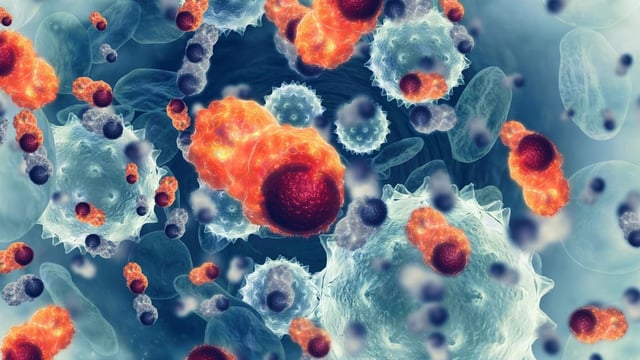Overview
- University of Massachusetts Amherst researchers report tumor rejection rates of 88% in pancreatic, 75% in triple-negative breast, and 69% in melanoma mouse models.
- In a peptide-based melanoma experiment, 80% of vaccinated mice stayed tumor-free for 250 days, whereas all control animals developed tumors and died by day 35.
- Vaccinated, tumor-free mice resisted systemic metastatic challenge, with no lung tumors detected in the tests.
- The nanoparticles co-encapsulate two incompatible adjuvants in a single lipid carrier that drains to lymph nodes and drives strong innate activation and antigen presentation.
- Results remain preclinical and unproven in humans; the study was published Oct. 9 in Cell Reports Medicine as the team launches NanoVax Therapeutics to advance translation.
